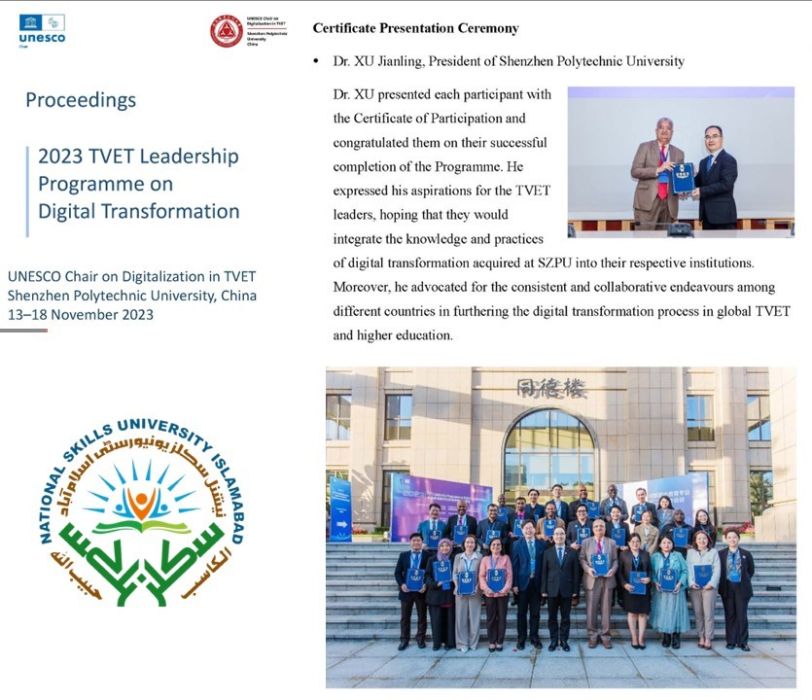154/25 Great Leaders Evolve Slowly, Mastering Their Skills, Aligning with the Environment
Posted 6 months ago
In the age of instant gratification and overnight success stories, leadership remains one of the few journeys that can't be rushed. The idea that a confident, all-wise leader can easily solve every problem is appealing, but it isn't true in real life. Real leadership is far less dramatic and far more deliberate. It doesn't come from grand gestures or viral speeches. It comes from small, consistent actions taken every single day.
Drawing inspiration from 1% Leadership by Andy Ellis, a former CSO and leadership expert, we explore why the best leaders don't try to do it all at once and why the path to excellence starts with taking better care of yourself.
Why Leadership is Built, Not Born
Leadership is not a title, a corner office, or a LinkedIn headline. It's a skill set that must be developed gradually through trial, error, and reflection. Andy Ellis' philosophy is refreshingly honest: there's no "hack" to leadership. Instead, it's about mastering the daily 1%, the marginal gains that accumulate over time.
If that sounds anticlimactic, consider this: improving just 1% daily makes you 37 times better by the end of the year. That's the power of steady, intentional progress. In this sense, leadership becomes less about dominance and more about discipline.
Self-Caring Leaders are More Influential
The concept of self-care often gets sidelined in the leadership playbook. Yet, as Ellis notes, "personal improvement is a prerequisite to leading professionally." That means being honest about your limits and modeling the behaviors you expect from your team.
True leaders show the importance of balance in their own lives. Whether they log off on Friday afternoons, block time for medical appointments, or set clear boundaries, these small acts send a big message: your well-being matters and so does your team's.
Inclusion and Energy: The Invisible Currency of Leadership
Some environments demand more from underrepresented individuals to exist in the space. Inclusion isn't just about policy, it's about ensuring people don't burn out trying to belong.
Great leaders recognize these invisible tolls and take steps to ease them. That might mean rethinking how meetings are structured, who gets heard, or how feedback is delivered. At its core, inclusion is about designing systems where people can thrive without exhaustion.
The Gorilla in the Room: Why Awareness Is a Leadership Superpower
One of the most dangerous things for a leader is to be oblivious-to ignore what Ellis calls the "gorilla in the room." This metaphor refers to the hidden factors-burnout, exclusion, and misalignment—that silently erode team trust and performance.
You can't fix what you don't see. The only way to build this awareness is through humility and constant listening. The leader who believes they've "arrived" is already losing relevance. The leader who's always learning? That's someone others want to follow.
The best leaders aren't those who declare themselves ready. They're the ones who stay prepared by constantly evolving, reflecting, and refining. If you're looking to level up your leadership game, start small. Show up with integrity. Take care of yourself. Listen more than you speak. And remember: every great leader was once a beginner who kept going.





